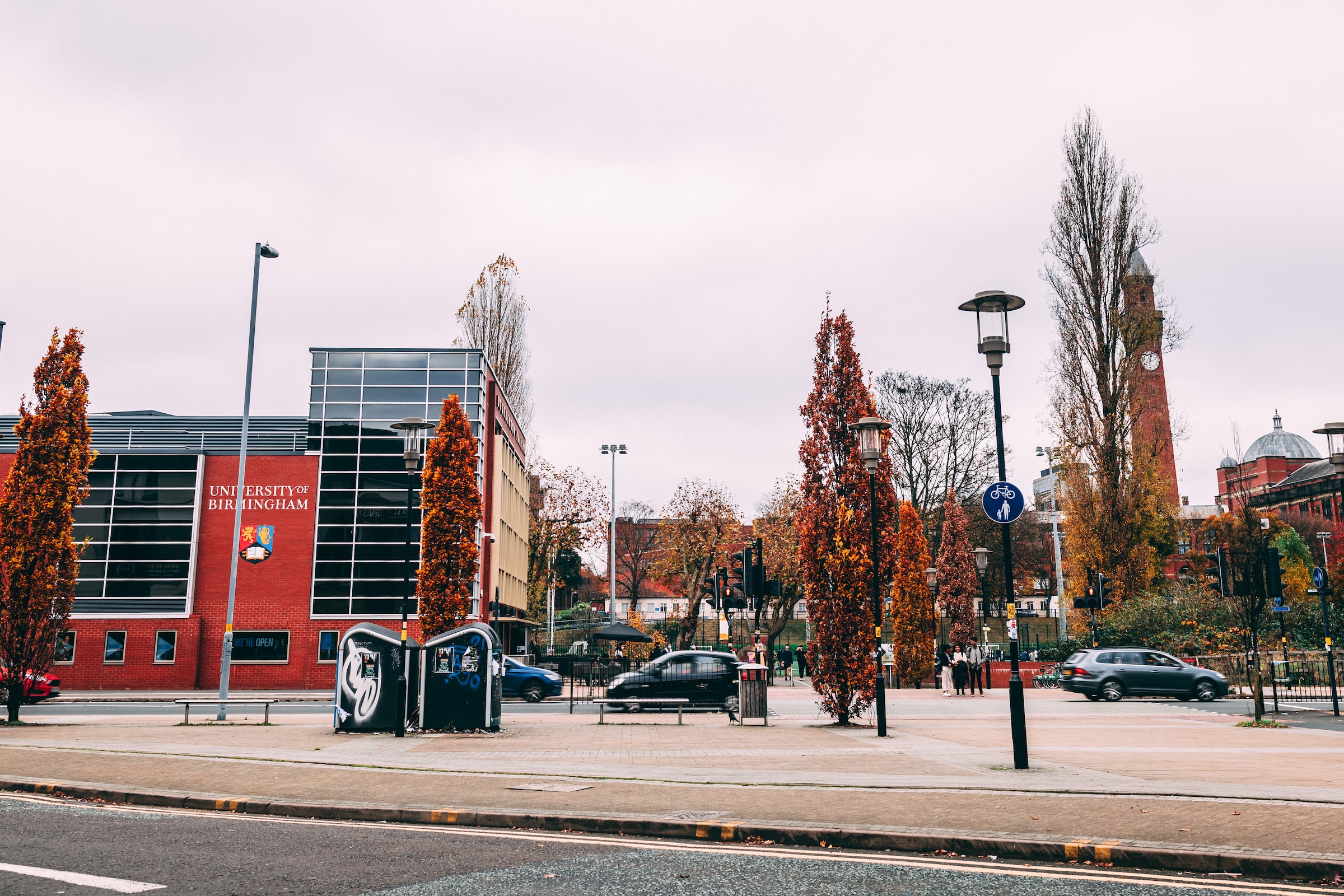
Frankie Rhodes reviews Beyond the Horizon’s visually astounding production of Metamorphosis
‘Esse quam videri’- to be, rather than to seem, is an integral theme of Franz Kafka’s novel ‘The Metamorphosis’, and indeed of the stage adaptation that I witnessed at The Old Rep Theatre In Birmingham. What the audience may seem to witness is a grotesque, repulsive insectoid, but what this creature really is might well be something altogether different.
‘Metamorphosis’ is, quite simply, the tale of a young travelling salesmen who awakes one morning to discover that he has been transformed into a large insect, or a ‘monstrous vermin’, as Kafka originally stated. This ambiguous label leaves it open as to whether Gregor’s transformation is truly physical, or perhaps instead the reflection of a psychological demise. Whilst seemingly occurring overnight in the novel, the Beyond The Horizon Theatre Company chose to depict the process as gradual, unpredictable and increasingly graphic. First appearing with a few weeping sores, and ending with a full representation of peeling skin, rust-coloured scarring and huge, cloudy eyeballs, Gregor’s metamorphosis showcased astonishing visual art, the likes of which I have never witnessed before.
Gregor's metamorphosis showcased astonishing visual art, the likes of which I have never witnessed before
The majority of the play focuses on society’s reaction to this baffling creature, particularly that of his family, who struggle to maintain normality within their home. Liz Hume portrayed the apologetic, at times desperate Mother who never ceased to mourn for the loss of her son in his former state. She was able to capture that pure sense of maternal loyalty, forever prioritising the love of her children over rationality. At her side was Mike Harley, as the short-tempered Father who responded to his son’s condition with confusion and anger. Whilst this role had the potential to be compelling, it was disappointing to notice Harley stumbling over lines and delivering gestures in a way that was more exaggerated than convincing.
Yet, redeeming the family unit was Ellie Ekers’ performance as Grete- the headstrong daughter who had to balance her devotion to her brother with a desire to protect her family. Lingering on the stage for just a moment after her parents’ heated brawls, she induced pity as the one forced to shoulder the burden of Gregor’s crisis. As the sister who firstly reaches out to Gregor and then dismisses him as a lost cause, it would be easy to regard her as the villain of the play. But this was not the way that I saw her, instead, I saw an intelligent and practical young woman faced with unforeseeable circumstances.
Aside from this, Luke Hardwell embodied the voice of wider society as the Lackey, the Manager, the Vendor, the Client, the Receptionist, the Doctor and the Lodger, each interacting with Gregor’s life in different ways. Each character was excessively exaggerated in a way that corresponded with Kafka’s absurdist style, yet at times this risked rendering the audience uncomfortable. Nonetheless, it was powerful to witness Hardwell taking on characters in such an elaborate, wicked and even insect-like manner, suggesting that the real monster was not Gregor, but in fact society itself. In comparison to Hardwell’s multifaceted performance, Adam Lloyd-James was humble, quiet and convincing in his role as Gregor. Even when clad in hideous prosthetics, he was so startlingly human that he was able to invoke a response of unexpected empathy from the audience.
One way that the production was able to emphasise the desolate aspect of Gregor’s demise was through the staging- Gregor’s bedroom was placed in the background, still visible to the audience through a lack of walls, yet with a door separating him from the foregrounded kitchen and living room. This meant that the audience were able to witness an isolated Gregor, clutching his childhood toy for comfort, whilst his worried parents anxiously prepared dinner in the room just next door. There was a sense that whilst in terms of proximity the family were incredibly close, they could not be further apart on an emotional level. Yet, one aspect of Kafka’s novel that I felt was lost in this production was the family’s reception of Gregor’s physical appearance. Whilst Kafka imagined their response as flippant and ambiguous, as if the physical change is perhaps non-existent, the cast were vocal in their disgust. This eliminated the possibility that Gregor’s transformation was a purely psychological one, missing out on what could have been an interesting development.
Adam Lloyd-James was humble, quiet and convincing in his role as Gregor
Nonetheless, the production’s decision to opt for a domestic rather than abstract setting meant that it was able to explore fascinating ideas about the monotony of everyday life. A pre-insect Gregor was presented standing on a bustling train of commuters, displaying outward politeness, whilst a voice-over revealed the honesty of his inward thoughts. During the family scenes, a ticking clock highlighted the mundane aspect of daily living, so that when Gregor did transform, it was almost a refreshing alternative to the preceding dreariness. The more that he transformed, the less that his voice-over was heard, indicating the loss of his personal autonomy in exchange for a more animalistic existence. In fact, during each stage transition, flashing lights and eerie, beetle-esque vibrations reminded the audience that Gregor was venturing further and further away from his original self.
This was a play that left me regrettably confused, yet fully immersed within Gregor’s story. It left me wondering, who was the real monster, the insect itself, or the society that refused to accept it? Catch this production as it tours across the country to hopefully grow a little closer to answering this question, whilst also witnessing some astounding visual art along the way.
Comments